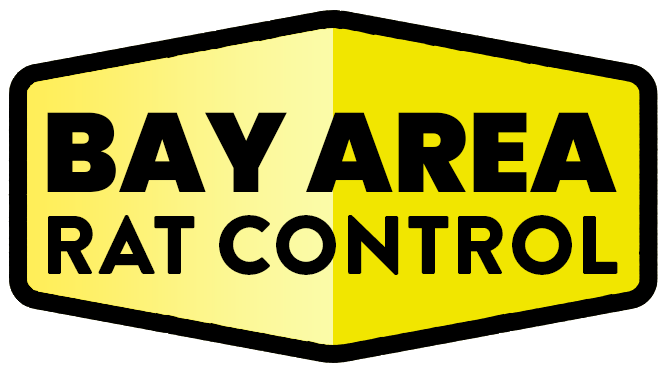Opening Thoughts
The presence of rats in a home or workplace does more than damage property or spread disease—it can take a significant toll on mental well-being. From anxiety and stress to feelings of shame, the psychological effects of rat infestations are often overlooked. This article delves into the emotional and mental challenges caused by rat infestations and offers actionable steps to mitigate these impacts.
Understanding the Psychological Effects
1. Anxiety and Fear
- Root Cause: The sight or thought of rats often triggers a fear response, especially in individuals with a phobia of rodents (musophobia).
- Manifestations: Increased heart rate, restlessness, and hypervigilance about rat activity.
- Impact: Constant fear of encountering a rat can lead to sleep disturbances and difficulty concentrating.
2. Stress and Overwhelm
- Root Cause: The burden of addressing an infestation, from financial costs to the physical effort of cleaning and repairs.
- Manifestations: Chronic stress, irritability, and feelings of being overwhelmed.
- Impact: Prolonged stress can lead to burnout or exacerbate existing mental health conditions.
3. Shame and Embarrassment
- Root Cause: A perceived stigma that infestations only occur in “dirty” or poorly maintained environments.
- Manifestations: Reluctance to discuss the problem or seek help.
- Impact: Feelings of isolation and a reluctance to invite others into the home or business.
4. Helplessness and Loss of Control
- Root Cause: Rats’ ability to invade even clean, well-maintained spaces can leave individuals feeling powerless.
- Manifestations: Despair or resignation about the infestation.
- Impact: Reduced motivation to take corrective actions, worsening the problem.
Populations Most Affected
1. Families with Children
- Parents often experience heightened stress, fearing for their children’s safety and health.
- Children may develop anxiety, nightmares, or a lasting fear of rodents.
2. Business Owners
- Infestations can threaten livelihoods, leading to significant stress over lost customers, reputational damage, and health violations.
3. Renters
- Limited control over property maintenance can exacerbate feelings of helplessness, especially if landlords are unresponsive.
Coping Strategies for Mental Well-Being
1. Acknowledge and Address the Problem
- Recognize that infestations are common and not necessarily a reflection of personal cleanliness or character.
- Openly communicate with family members, landlords, or colleagues to reduce feelings of isolation.
2. Take Action to Regain Control
- Inspect and Seal: Identify entry points and block them with durable materials like steel wool or caulk.
- Clean Thoroughly: Remove droppings and nesting materials using gloves and disinfectant to restore a sense of cleanliness.
3. Engage Professionals
- Hiring pest control experts can alleviate the stress of managing the problem alone and provide a sense of relief.
4. Focus on Prevention
- Regularly inspect for signs of rodent activity to prevent future infestations.
- Adopt proactive measures like food storage and waste management to deter rats.
Supporting Loved Ones Affected by Infestations
- Listen Without Judgment: Provide emotional support to those dealing with the psychological toll of an infestation.
- Encourage Action: Help identify solutions or accompany them when seeking professional help.
- Offer Practical Assistance: Assist with cleaning or repairs to lighten the burden.
Final Thoughts
Rat infestations are more than just a physical nuisance—they can deeply affect mental and emotional well-being. Acknowledging these challenges and taking proactive steps can help individuals regain control and peace of mind. Remember, addressing the problem early not only prevents physical damage but also protects your mental health.
Relevant Links/Sources:
The Mental Health Impact of Pests – CDC
Stress and Anxiety from Rodent Infestations – PestWorld
Psychological Effects of Infestations – APA
